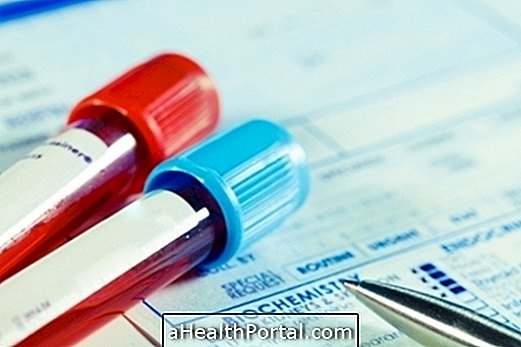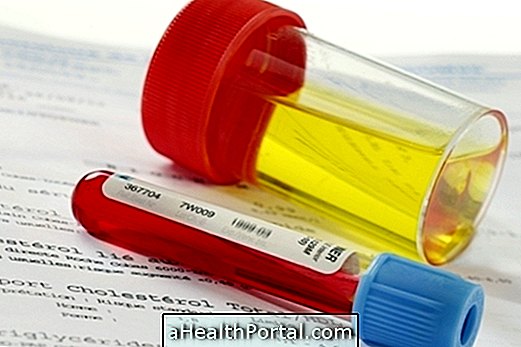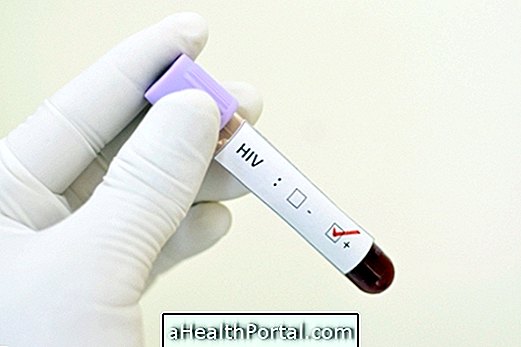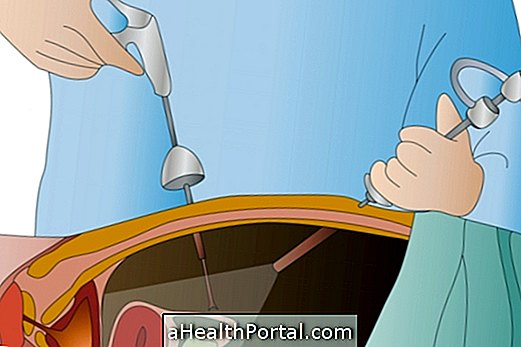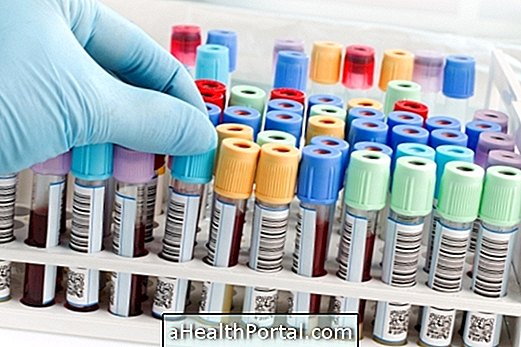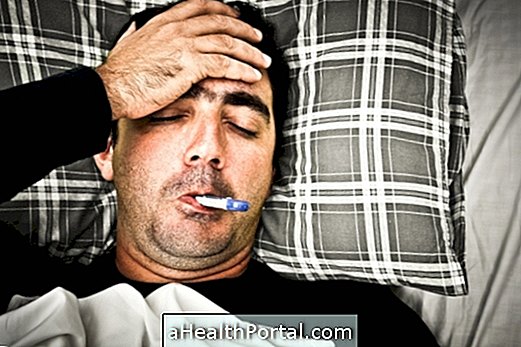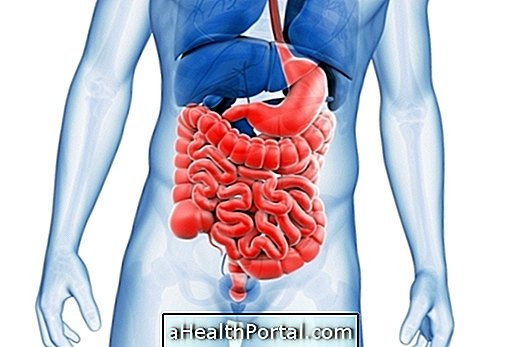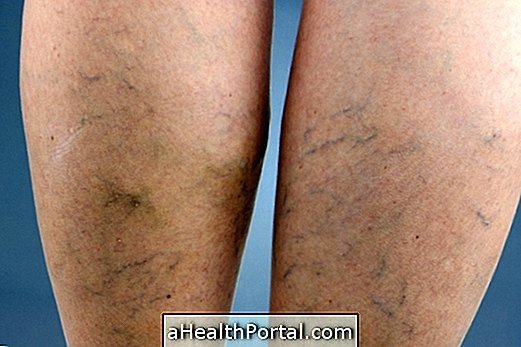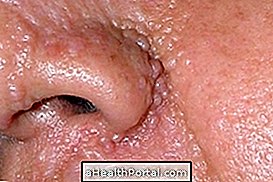Cardiovascular checkup consists of a group of tests that help the doctor assess the risk of having or developing a heart or circulatory problem, such as heart failure, arrhythmia, or heart attack.
Typically, this type of checkup is indicated for men over 45 and for women in the post-menopausal phase, as these are the periods when the risk of cardiovascular problems is greatest.
However, the visit to the cardiologist should be anticipated when there is:
- Family history of infarct or sudden death;
- Constant arterial hypertension greater than 139/89 mmHg;
- Obesity;
- Diabetes;
- High cholesterol and triglycerides;
- Non-smoking only;
- Heart disease in childhood;
- Start practicing a sport.
In addition, if a heart problem has been detected, it is necessary to go to the cardiologist at least once a year and whenever indicated to adjust the treatment. Know when to go to the cardiologist.
Also see your risk of having a heart attack:

Which exams are included in the check-up
Depending on the patient's age and clinical history, the exams included in the cardiac check-up may vary. However, the most common are:
- Blood test, such as blood count, renal function, cholesterol, glycemia, ionogram;
- Electrocardiogram and echocardiogram;
- X-ray of the chest.
When these tests show changes suggestive of problems, the doctor may supplement with other more specific tests such as Doppler echocardiography, exercise test, scintigraphy, 24-hour Holter or 24-hour ABPM, for example.
